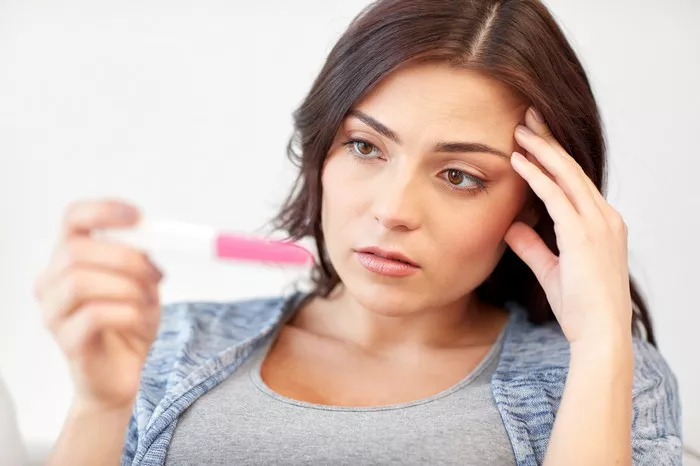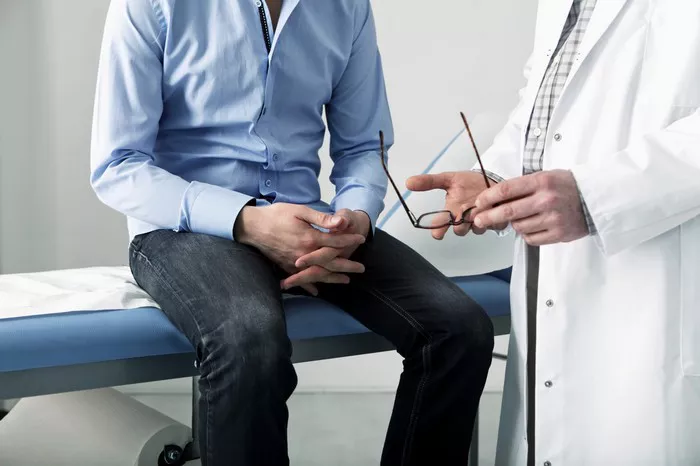Endometriosis is a condition where tissue similar to the lining of the uterus grows outside of it. This abnormal growth can cause a variety of symptoms, some of which can significantly affect a person’s quality of life. Understanding these symptoms is crucial for early detection and effective management.
The symptoms of endometriosis vary from person to person. Some individuals experience mild discomfort, while others endure more severe pain and complications. In addition to pain, other symptoms may affect various aspects of a person’s physical health.
This article will provide a comprehensive look at the common and less common symptoms of endometriosis, helping those affected by the condition recognize what to look out for.
Common Symptoms of Endometriosis
Pelvic Pain and Cramps
One of the hallmark symptoms of endometriosis is chronic pelvic pain. This pain is often mistaken for typical menstrual cramps, but it tends to be more severe and lasts longer. Women with endometriosis may experience sharp, stabbing pain in the pelvic area, particularly around the time of menstruation. The pain can also occur at other times during the menstrual cycle, even when not menstruating. The discomfort may be constant or come and go, but it typically worsens over time.
Painful Periods (Dysmenorrhea)
Painful periods are very common in women with endometriosis. For many, the pain is more intense than the usual cramping associated with menstruation. In some cases, the pain may be so severe that it disrupts daily activities, such as work, school, or social events. The cramping can start before the period begins and last several days into the menstrual cycle. Some women may also experience heavy bleeding along with the pain, which can contribute to other symptoms like fatigue and weakness.
Pain During or After Intercourse (Dyspareunia)
Another common symptom of endometriosis is pain during or after sexual intercourse. This type of pain is often felt deep within the pelvis or abdomen and may last for hours or even days after sex. The pain may vary in intensity, from mild discomfort to severe pain. This symptom can affect emotional well-being and relationships, making it important to address it early.
Gastrointestinal Symptoms
Bloating and Digestive Issues
Endometriosis can affect the gastrointestinal system, leading to symptoms such as bloating, nausea, and discomfort in the abdomen. Many women with endometriosis experience bloating around the time of their period, which can make them feel full or heavy. This symptom may worsen after eating and is often accompanied by other digestive issues such as constipation or diarrhea.
Changes in Bowel Movements
Bowel issues are common in those with endometriosis, especially if the condition involves the intestines or rectum. Women may experience alternating periods of constipation and diarrhea. These changes in bowel movements often coincide with the menstrual cycle. In some cases, women with endometriosis may also experience painful bowel movements. These symptoms can sometimes be mistaken for other gastrointestinal disorders like irritable bowel syndrome (IBS), but they are often related to endometriosis affecting the bowels.
Rectal Pain
Endometriosis can also affect the rectum and cause pain during bowel movements. This symptom can be particularly distressing, as it may be sharp or throbbing. Rectal pain may be more pronounced during menstruation due to hormonal changes and inflammation.
Urinary Symptoms
Painful Urination (Dysuria)
For some women, endometriosis can cause pain or discomfort while urinating. This symptom is often more noticeable during menstruation when the uterus swells and presses on surrounding structures, including the bladder. The pain can be sharp or burning, and it may occur during or after urination. This symptom may also be associated with frequent urination or a feeling of urgency.
Blood in Urine
In some rare cases, endometriosis can cause bleeding in the urinary tract, resulting in blood in the urine. This is a less common symptom but should be investigated immediately if it occurs. Any unusual bleeding should be brought to the attention of a healthcare provider for proper evaluation.
Fatigue and Other Systemic Symptoms
Chronic Fatigue
Women with endometriosis often report feeling extremely tired, even if they get enough rest. This fatigue is usually a result of the chronic pain and discomfort caused by the condition. Pain can interfere with sleep, leading to poor-quality rest and daytime tiredness. Additionally, the emotional toll of managing a chronic condition can also contribute to fatigue.
Infertility
Endometriosis can affect a woman’s fertility. In fact, approximately 30-50% of women with endometriosis experience difficulty getting pregnant. This occurs because the endometrial-like tissue can interfere with the normal function of the ovaries, fallopian tubes, and uterus. Adhesions or scarring may also affect the ovaries, making it harder for eggs to be released or for sperm to reach the egg. If infertility is a concern, a fertility specialist may be needed for further evaluation and treatment.
Back Pain
Endometriosis can cause pain not only in the pelvic region but also in the lower back. This type of pain is typically due to inflammation and adhesions in the pelvic cavity. It may be more pronounced during menstruation or after prolonged periods of sitting or standing.
Less Common Symptoms of Endometriosis
Heavy or Irregular Periods
In addition to painful periods, women with endometriosis may experience heavy or irregular menstrual bleeding. This could include periods that last longer than usual, or heavy bleeding that requires frequent changing of sanitary products. Spotting between periods is also common. These symptoms are often a result of the endometrial tissue shedding abnormally.
Nausea and Vomiting
In some cases, endometriosis can lead to nausea and vomiting, particularly if the ovaries or other organs are involved. This symptom may be more likely during the menstrual cycle when hormonal changes cause inflammation. Women may feel a general sense of illness, with nausea that can disrupt daily functioning.
Leg Pain
Endometriosis may also cause pain that radiates down the legs. This pain can be sharp, dull, or tingling and may worsen during menstruation. It may be a result of endometrial tissue affecting nerves in the pelvic area or causing inflammation near the sciatic nerve.
Conclusion
Endometriosis is a complex condition that can affect many different parts of the body, including the pelvic organs, gastrointestinal system, and urinary tract. The symptoms are highly variable, ranging from mild discomfort to severe pain and complications like infertility.
Recognizing the symptoms early is essential for effective management and treatment. If you experience chronic pelvic pain, painful periods, changes in bowel or urinary habits, or other related symptoms, it is important to speak with a healthcare provider. Proper diagnosis and treatment can help manage symptoms and improve your quality of life.
While endometriosis may present challenges, with the right care, many women can find relief and maintain a healthy, active lifestyle.
Related topics:
Will Removing Fibroids Flatten My Stomach


























